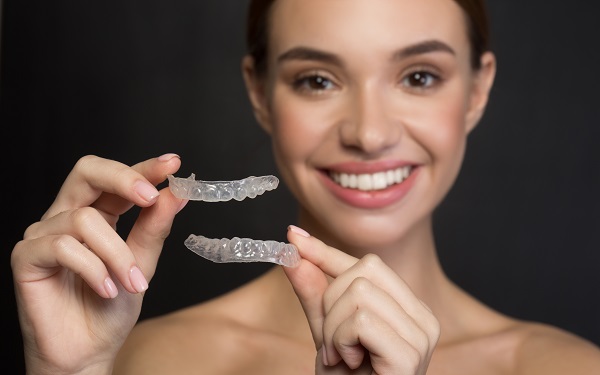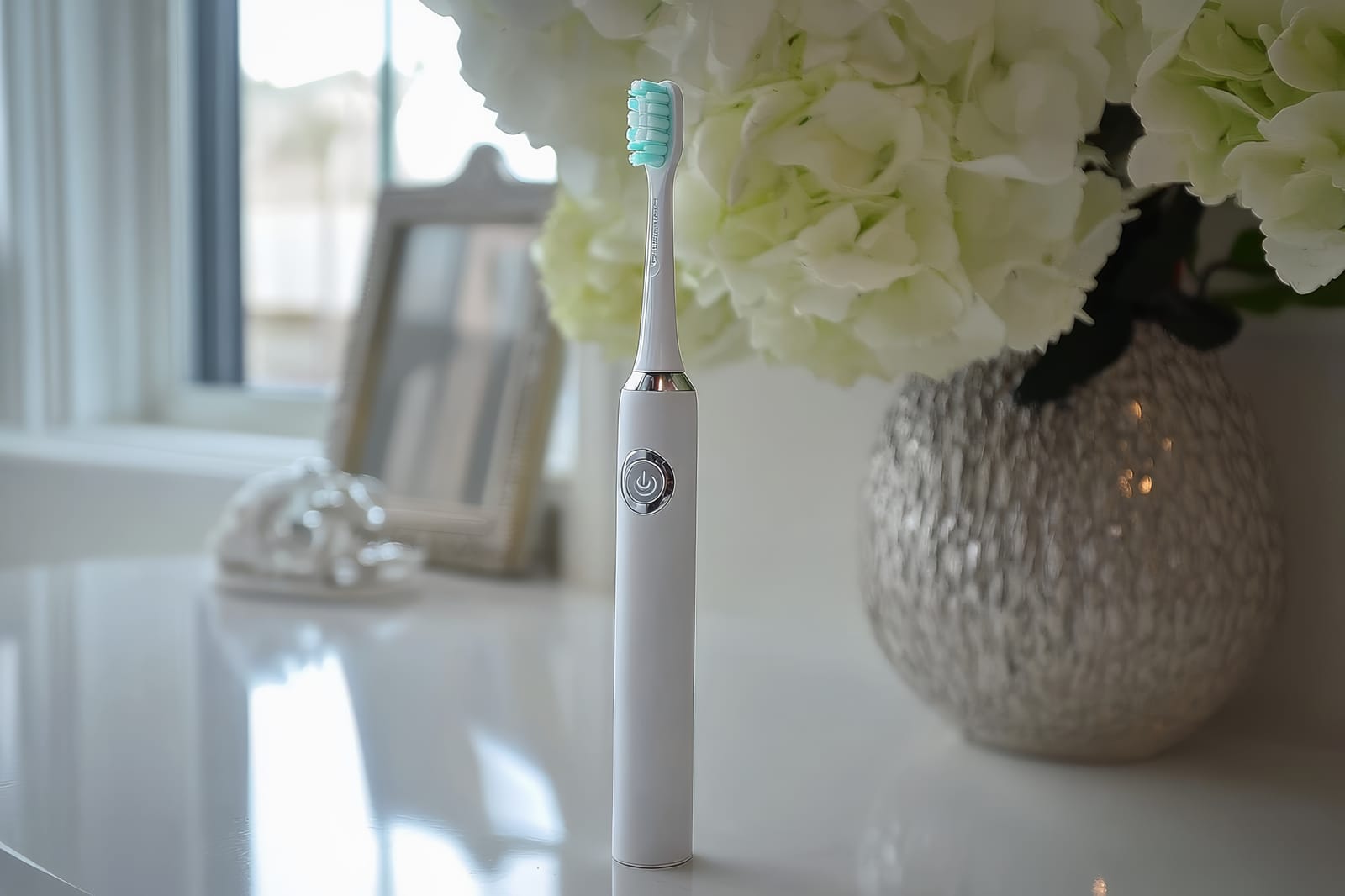Benefits Of Receiving Invisalign® Treatment From A General Dentist
 Invisalign® is a popular treatment option for adults and older teens who want to straighten their teeth. It is a discreet alternative to braces; one that takes the form of transparent, custom-made dental trays. Like braces, Invisalign® uses gentle, constant pressure to move the teeth into more desirable alignment.
Invisalign® is a popular treatment option for adults and older teens who want to straighten their teeth. It is a discreet alternative to braces; one that takes the form of transparent, custom-made dental trays. Like braces, Invisalign® uses gentle, constant pressure to move the teeth into more desirable alignment.
How Invisalign® works
- After a general dentist clears the patient for Invisalign®, they use proprietary software from the manufacturer to create a 3D model of the patient’s mouth. This digital model is based on intraoral scans, x-rays and CT scans of the individual’s mouth.
The dentist will save each digital set of alterations as a new version of the model. These ‘versions’ or progressive alterations of the original 3D model are the blueprints used to fabricate a series of Invisalign® trays. Over the course of treatment, the general dentist will administer a new tray to the patient every two to three weeks, based on the teeth’s progress.
General dentists and Invisalign®
- A general dentist who offers Invisalign® must go through in-career training from Align Technology; the company that owns Invisalign®. This training equips general dentists with the skills they need to use the proprietary design software that creates the digital blueprints for the dental trays.
This training is not the magic ingredient that makes a particular dentist deliver consistently good results. A general dentist will create good outcomes with Invisalign® treatment when:
1. They take a holistic approach to treatment
- When a prospective patient asks about Invisalign®, a general dentist will only green-light the treatment if it is the best course of treatment. The dentist will use the depth of their knowledge to craft an in-depth diagnosis of their patient. They will be on the lookout for underlying issues that may require a treatment that is different or more aggressive than Invisalign trays.
A general dentist also has an edge when it comes to dispensing Invisalign® trays. This advantage comes from their knowledge of the technical aspects of tooth movement and realignment. As such, a general dentist is well placed to craft trays that will move the teeth without causing damage to the roots or the jaws.
2. They provide the appropriate follow-up treatment
- The last pair of Invisalign® trays is not the end of an individual’s treatment plan. This means that the patient will need a general dentist who will focus on a long-term outcome.
A general dentist will prescribe a retainer to keep newly straightened teeth from reverting to their previous alignment. They will also recommend and offer further treatment to improve the oral health of the patient.
Take advantage of the experience and skills of a general dentist
- General dentists treat a wide variety of oral health problems, which works to the patient’s benefit. Their experience allows them to design Invisalign® clear braces that straighten the teeth while also improving the patient’s overall oral health.
Reach out today to learn more about Invisalign and the benefits of having it administered by a general dentist.
Request an appointment here: https://www.stgeorgedentalcare.com or call St. George Dental Care at (435) 628-9099 for an appointment in our St George office.
Check out what others are saying about our services on Yelp: Read our Yelp reviews.
Recent Posts
Having a sensitive sense of smell can be both a blessing and a curse, as nothing disrupts personal comfort more than an unpleasant odor emanating from your mouth. A common concern for dental patients is the distinct and often embarrassing "rotten tooth smell." Understanding its causes, implications, and the appropriate remedies is crucial for maintaining…
Brushing your teeth is essential for maintaining a healthy, beautiful smile, and using an electric toothbrush takes oral hygiene to the next level. At St. George Dental Care, located in St. George, UT, we're passionate about helping our patients maintain optimal oral health through modern dental practices and expert advice. Electric toothbrushes are revolutionizing dental…
When it comes to maintaining your dental health, understanding the professionals who provide care can make all the difference in your experience. The terms "dentist surgeon" and "dentist" are often used, but many people don't fully grasp the distinctions between them. Are their education, scope of practice, and services they provide the same? Which should…
Does the thought of sitting in a dentist's chair make your palms sweaty? You're not alone. Dental anxiety is something millions of people experience, but we at St. George Dental Care believe visiting the dentist doesn't have to be nerve-wracking. That's why our focus goes beyond just cleanings and checkups—we strive to make you feel…


